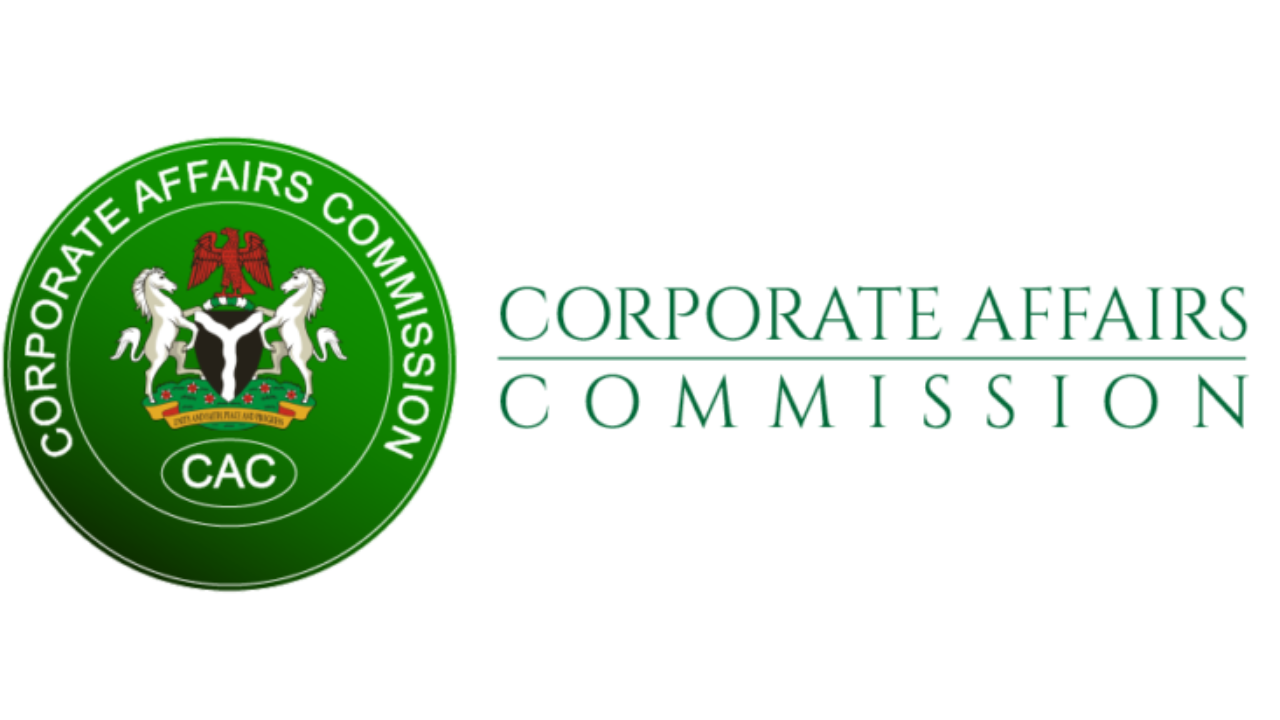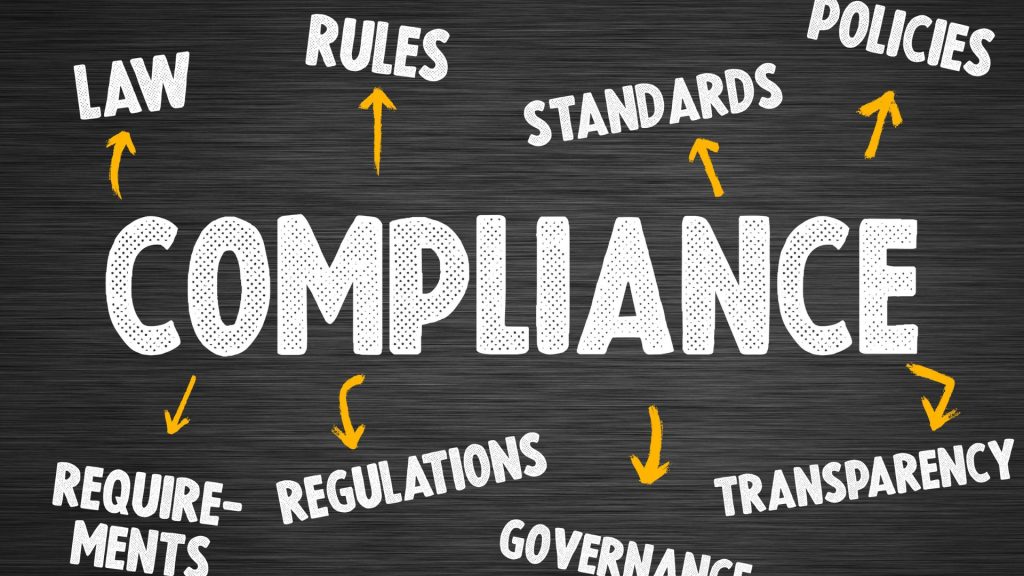Franchise tax is a tax levied on corporations and limited liability companies (LLCs) in exchange for the right to conduct business in a specific state in the United States.
This article will explore the nuances of the franchise tax, a crucial obligation for companies doing business in the state of Delaware. Understanding the specifics of this tax is essential for maintaining compliance and avoiding penalties, regardless of whether you are a corporation or a limited liability company (LLC).
What is the purpose of the Delaware Franchise Tax?
The purpose of the Delaware franchise tax is to raise revenue for the state. It is a tax that is levied on businesses that are incorporated in Delaware.
Who is required to pay Delaware Franchise Tax?
All businesses that are incorporated in the state of Delaware are required to pay the Delaware franchise tax. Corporations, LLCs, Limited Partnerships, and General Partnerships, are all recognized by the state of Delaware and so are required to pay the Delaware franchise tax. In no way does paying the annual franchise tax imply that your business runs as a franchise, nor does it have any impact on the revenue the business generates or any business operations.
What is the difference between Delaware Franchise Tax and Income Tax?
The Delaware franchise tax is a tax that is levied on a business that is incorporated in Delaware, regardless of whether the business has any income or not. The amount of the tax is based on the company’s authorized shares and par value.
Income tax, on the other hand, is a tax that is levied on a business’s income. The amount of the tax is based on the amount of income the business earns during a given period. The business must file a tax return and pay the tax to the appropriate government agency.
What the penalties for late payment or non-payment?
Penalties for late payment or non-payment of the Delaware franchise tax can include interest charges, late fees, and the revocation of the company’s good standing with the state. If a company’s good standing is revoked, it may not be able to conduct business in the state until the tax is paid and the good standing is reinstated. A $200.00 fine plus 1.5% interest per month on the tax will be assessed if the necessary franchise taxes are not paid.
Can there be exemptions?
There are no exemptions or special cases where the Delaware franchise tax doesn’t apply. All businesses that are incorporated in Delaware are required to pay the tax, regardless of whether they have any income or not.
How to calculate your Delaware Franchise Tax?
Your registered entity type (corporation or LLC) and the method of calculation you are permitted to utilize will determine how much Delaware franchise tax you are to pay. The Authorized Shares Method and the Assumed Par Value Capital Method are the two franchise tax calculation approaches available in Delaware. Let’s investigate each approach:
- Authorized Shares Method:
For corporations: Based on the total number of authorized shares, determine the franchise tax. For corporations with up to 5,000 authorized shares, the base tax is $175. A tiered scale of extra fees is charged to corporations with more than 5,000 authorized shares.
LLCs are subject to a $300 tax.
- Assumed Par Value Capital Method:
Determines the franchise tax based on the capital’s presumptive par value for corporations and LLCs.
The assumed par value capital is multiplied by the appropriate tax rate using this procedure. The formula used to calculate assumed par value capital considers a number of variables, including the number of issued shares, assets, and gross receipts. The entity’s entire assumed par value capital determines the tax rate.
It’s crucial to remember that only some entities qualify for the Assumed Par Value Capital Method. The Authorised Shares Method must typically be used by entities with a large number of authorised shares or by businesses with no par value shares.
The Delaware Division of Corporations provides an online calculator to help businesses estimate their franchise tax liability. You can access the calculator on the Division of Corporations website.
What about deadlines and important dates?
The key dates and deadlines for filing the Delaware franchise tax depending on the type of business entity.
- For corporations, the annual franchise tax report is due on March 1st of each year. The tax payment is due at the same time.
- For LLCs, the franchise tax payments are due on June 1st of each year.
What if I miss the deadline, can I request for an extension to file my tax?
Yes, businesses in Delaware can request an extension of time to submit their franchise tax report. It’s crucial to remember that extending the deadline for filing the tax does not extend the deadline for paying the owed franchise tax. Even if a filing extension is given, the tax payment is often payable by the original due date.
You must send Form 700E (Application for Extension of Time to File), along with your request, to the Delaware Division of Corporations. This form must be submitted before the franchise tax report’s original due date, which for most entities is March 1 of each year.
Here are some tips to reduce the Delaware Franchise Tax Liability:
There are several strategies that businesses can use to reduce or minimize their Delaware franchise tax liability:
- Authorized shares reduction: By reducing the number of authorized shares, a business can lower its Delaware franchise tax liability.
- Par value reduction: By reducing the par value of its shares, a business can also lower its Delaware franchise tax liability.
- Formation in another state: If a business is not based in Delaware, it may be able to avoid the Delaware franchise tax altogether by forming in another state.
- Business restructuring: By restructuring the business to reduce the number of authorized shares or the par value of those shares, a company can lower its Delaware franchise tax liability.
It’s important to note that these strategies may not be appropriate for all businesses and should be carefully evaluated with the assistance of professionals.
How can I pay my Franchise Tax?
The Delaware Division of Corporations is the primary resource for businesses seeking assistance with Delaware franchise tax compliance. It provides a variety of online resources, including forms, guides, and FAQs, to help businesses understand and comply with the Delaware franchise tax requirements.
At Norebase, we understand that tax season can be overwhelming and time-consuming for business owners like you. You can use our platform to pay for your Franchise Tax for LLC in Naira or in USD.
By partnering with Norebase, you can benefit from our expertise to ensure compliance and maximize your tax deductions. We want to remind you that our dedicated team is here to assist you in preparing and filing your Delaware Franchise taxes promptly and accurately. We will guide you through the entire process, from gathering the necessary documentation to completing the required forms and submitting them on time.
We have also built a software, Autocomply, that keeps you informed and updated on all your legal obligations and compliance to avoid missing deadlines, Join the waitlist here .




One thought on “All you need to know about Delaware Franchise Tax”